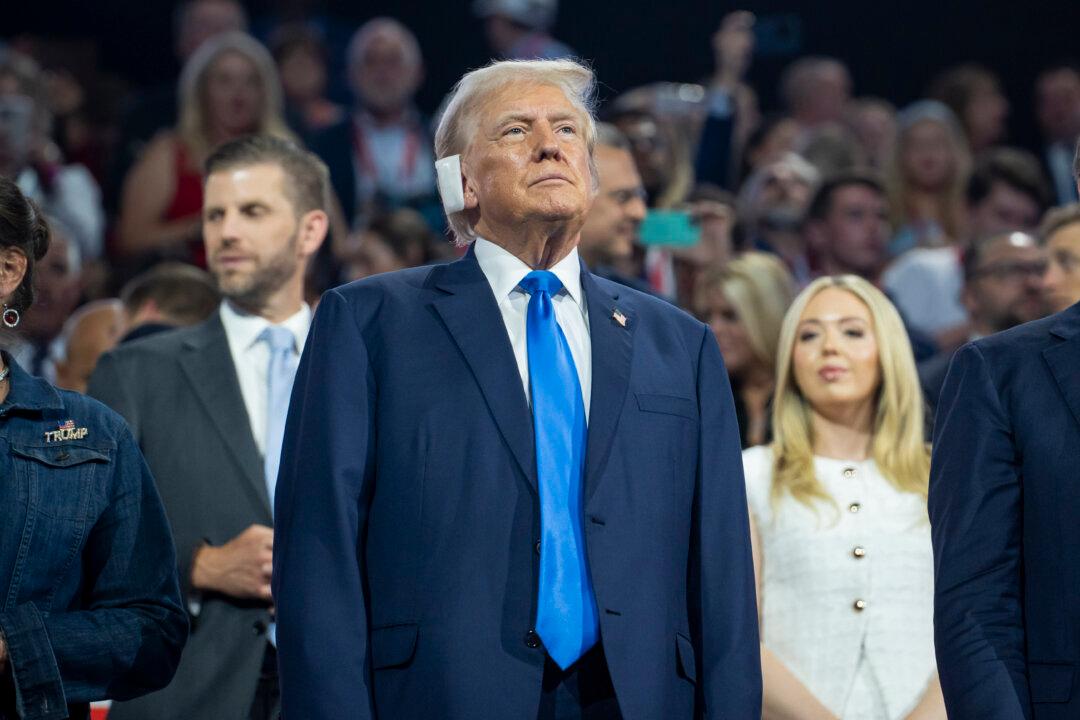Former President Donald Trump said during an interview that he would allow Federal Reserve Chair Jerome Powell to serve the rest of his term. The Republican presidential nominee also said he would lower the corporate tax rate and open the United States to more oil and gas drilling, as he outlined his economic doctrine in an in-depth, wide-ranging interview with Bloomberg Businessweek.
In February, the former president told Fox Business that he wouldn’t reappoint Mr. Powell because “he’s political” and would “do something to probably help the Democrats ... if he lowers interest rates.”





